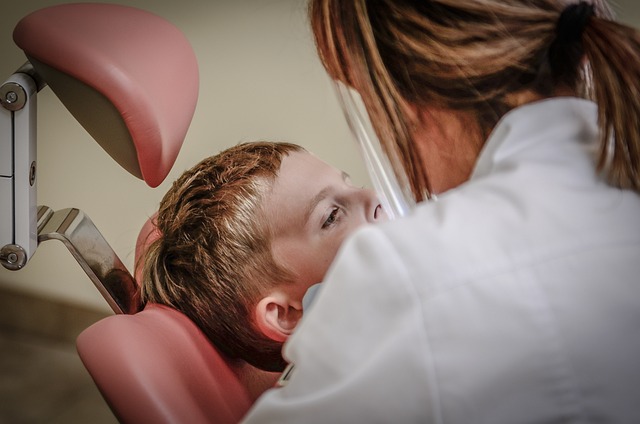The Importance of Pet Dental Care
As a pet owner, you want to ensure your furry friend leads a happy and healthy life. While providing regular exercise, balanced nutrition, and veterinary check-ups are essential for maintaining your pet’s overall well-being, there’s another crucial aspect that often gets overlooked: dental care. In this article, we’ll explore the significance of pet dental care, common health issues related to poor oral hygiene, and provide practical tips on how to keep your pet’s teeth clean and healthy.
According to the American Veterinary Dental College, pets are prone to various oral health problems, including periodontal disease, tooth decay, and gum recession. These conditions can lead to pain, bad breath, and even systemic infections if left untreated. Moreover, research suggests that a significant proportion of pet owners underestimate the importance of dental care, often neglecting their pet’s teeth for months or even years at a time.
Common Health Issues in Pets can be linked to poor oral hygiene. Bacterial infections from gum disease can spread to other parts of the body, increasing the risk of conditions such as heart disease and diabetes.
Regular dental care is not only crucial for maintaining your pet’s oral health but also contributes to their overall quality of life. When teeth are clean and healthy, eating becomes easier, and your pet’s confidence increases.
Creating a Safe Environment for Pets is essential for preventing accidents that can lead to injuries. Ensuring the cleanliness of your home and removing hazards, such as toxic substances or sharp objects, creates a safer space for your pet to explore.
Dental care also plays a significant role in maintaining your pet’s overall health. A healthy mouth reduces the risk of other diseases. Periodontal disease is linked with cardiovascular diseases and diabetes. Regular dental cleanings can help manage these conditions.
A common misconception about pets’ teeth is that they self-clean, much like humans do. However, dogs and cats require professional assistance to maintain their oral hygiene. Their tongue does not contain the same enzymes as ours, making it difficult for them to break down food particles. Regular dental cleanings can help prevent painful toothaches and gum disease.
Dental Hygiene at PCC is an example of how education in this field has increased awareness about pet oral health issues. Dental hygienists play a vital role in educating the public on maintaining their pets’ oral hygiene.
Dental Hygiene – Ivy Tech Community College highlights the importance of proper training. A qualified dental hygienist has extensive knowledge on oral health issues and can provide expert advice on maintaining pets’ teeth cleanliness.
A well-informed pet owner knows that regular dental cleanings are crucial for their pet’s overall health. The American Veterinary Dental Society recommends regular cleanings every six to twelve months, depending on your pet’s age, breed, size, and history of oral health issues.
Here’s a step-by-step guide on how to provide your pet with the best dental care possible:
1. Start early: Introduce your pet to their dentist at an early age.
2. Schedule regular cleanings: Cleanings every six to twelve months are recommended, depending on your pet’s individual needs.
3. Practice good oral hygiene at home: Brushing and providing dental chews can help maintain your pet’s teeth cleanliness.
4. Check for signs of illness: Monitor your pet’s behavior and watch out for signs of tooth pain or discomfort.

